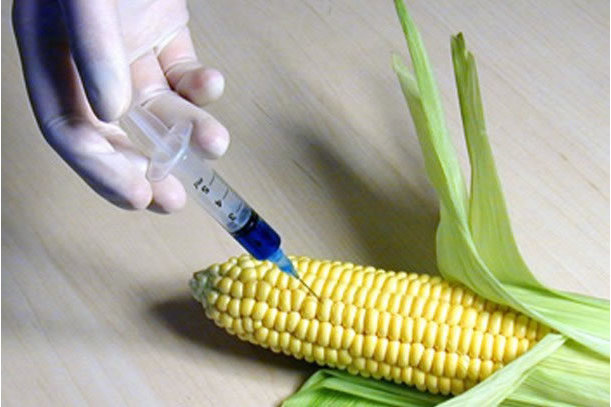U.S. firm infuriated by Africa’s rejection of genetically modified foods

Summary
Some scientific reports have said genetically modified foods have negative health implications.
The Information Technology and Innovation Foundation (ITIF), a U.S.-based science and technology think tank, has said Africa’s unduly restrictive regulations and trade barriers that limit the use of genetically modified organisms (GMOs) hamper agricultural productivity. ITIF said the restrictions will also cost developing nations as much as $1.5 trillion through 2050.
According to the research and educational institute, GMOs are biotechnology innovations that are essential to improving agricultural productivity and they play a critical role in bolstering developing economies. However, the regulations against this technology have stemmed from anti-GMO activist campaigns that misrepresent scientific evidence, ITIF stated in its new report, released on Monday, entitled: “Suppressing Growth: How GMO Opposition Hurts Developing Nations.”
“In agriculture, as in every other sector of the economy, technology innovation is the seed corn of the productivity growth that is essential for increasing people’s wages and improving their quality of life,” said Robert D. Atkinson, ITIF’s president and the report’s co-author. “For farmers in developing nations, in particular, the most cost-effective way to boost productivity is to use genetically improved seeds that yield bigger crops of safe, affordable food. ITIF is a champion for innovation, so it is disheartening for us to see anti-GMO campaigns that ignore or misrepresent science getting in the way of innovation that can help lift people out of poverty in the world’s poorest nations.”
GMOs are animals or plants that have had their genetic materials changed with genetic engineering. The Cartagena Protocol on Biosafety also refers to such organisms as “living modified organisms” or “any living organism that possesses a novel combination of genetic material obtained through the use of modern biotechnology”.
Some scientific reports have said genetically modified foods have negative health implications. This has resulted to several protests and anti-GMO campaigns which ITIF says do not support scientific evidence. Further concerns by those who oppose such biotech innovations stem from the belief that GMOs are big business which large agricultural corporations profit from at the expense of low-income farmers who often are unable or find it costly to adapt to genetically modified plants and livestock.
Nevertheless, ITIF says, indeed, farmers in developing nations often cannot afford other methods for improving agricultural productivity, such as technologically advanced farm equipment and expensive pesticides. As a result, seeds improved through biotechnology to resist insect pests or tolerate herbicides for improved weed control are the most affordable way to produce more abundant and higher quality crops.
L. Val Giddings, ITIF senior fellow and report co-author, said, “It is critical that restrictive regimes blocking GMOs be rolled back as rapidly as possible, so farmers everywhere can take advantage of the productivity-enhancing benefits of biotech innovation.”
Related
-
MasterCard partners impact investors to support smallholder farmers in Africa
AgDevCo, ICCO Cooperation, and Root Capital are helping to improve livelihoods of 1.1 million farmers in 11 countries.
-
AfDB lends support to Burkina Faso agriculture project
The objective of the Bagre Growth Pole Project for Burkina Faso is to contribute to increased economic activity.
-
Unlocking Africa’s agricultural exports
Agro-allied industries dealing in the export of agricultural products must ensure that such products comply with the ...









